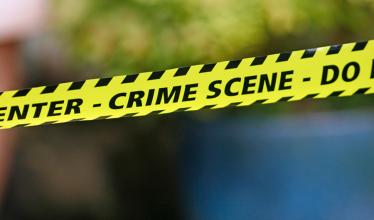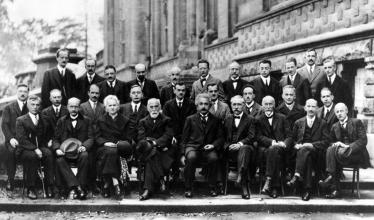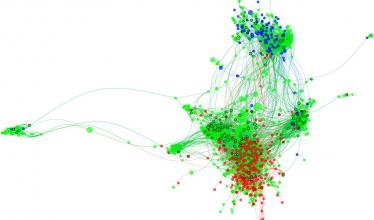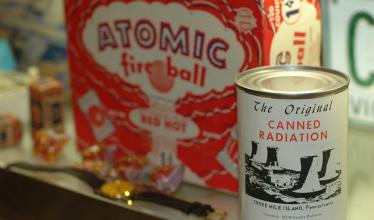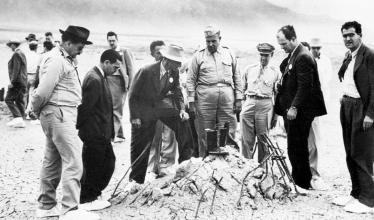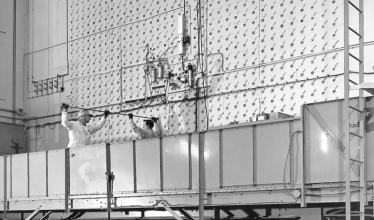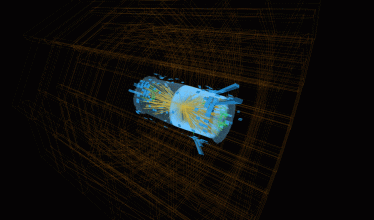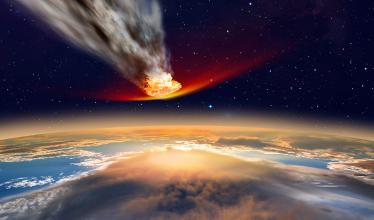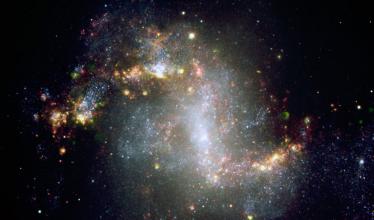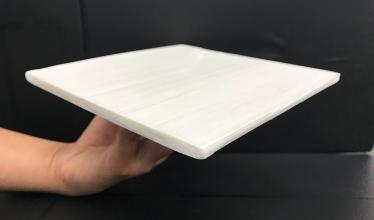Physics and society
Researchers use infrared light and sophisticated statistics to recognize origin of blood left at possible crime scenes.
New research reveals how that familiar click of two things locking together works.
While groups have won the Nobel Peace Prize, the science prizes have been limited to three individuals per prize per year.
A new social network map shows a well-connected anti-vaccine movement, now intertwined with coronavirus conspiracy theories.
Movies, music and even candy wrappers helped people process what it meant to put the powers of gods in human hands.
The potentially world-destroying power of the atomic bomb moved many scientists to engage more directly with the public, an effort that continues to this day.
Isotopes produced in the original Manhattan Project reactors seeded decades of research and even a few Nobel Prizes.
Science is an endeavor of trial and error. Can we find a better way to share the "erroneous" trials?
A next-generation atom smasher would cost billions of dollars. Europe and China both plan to build one, but scientists are debating if it's worth it.
While plenty of apocalypses occur in science fiction, the risks could be shown more realistically, experts argue.
Elusive intermediate mass black holes may hold clues to how their more common supermassive cousins form.
Researchers have modified wood not only to make it stronger but to make it capable of cool itselfing, which may lead to energy savings.

